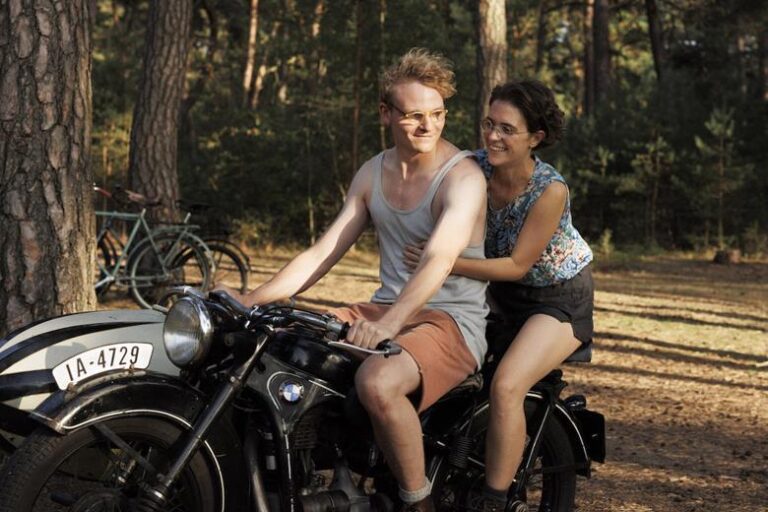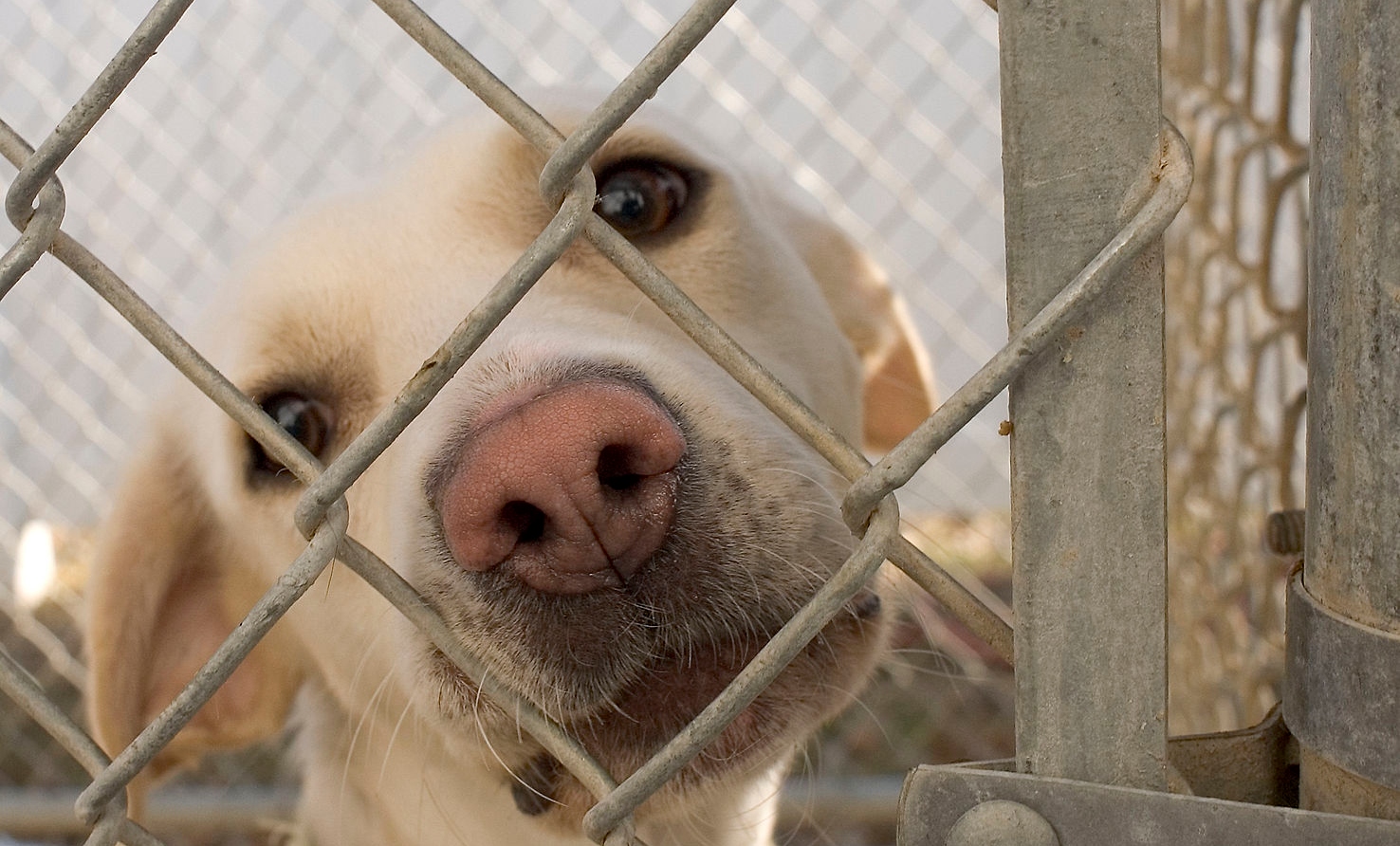
AntiSemitism rising in the east

By VANESSA LIM
Last year the Executive Council of Australian Jewry reported that antisemitic incidents in Australia increased by 59% from 2017 to 2018, affecting the large Eastern Suburbs Jewish population.
As the previous 2 years only had an increase of 10 percent, the unprecedented rise was alarming to Julie Nathan, the Research Director at the Executive Council of Australian Jewry.
“When last year saw a 59% percent increase that was of great concern. Antisemitism had gone quiet after the Holocaust, but 70-odd years later Antisemitic people think they can come out. They think they can say Jews are evil, or whatever they want to say about Jews, and call for the killing of Jews.”
This year antisemitic incidents have continued in the Eastern suburbs, such as the repeated antisemitic graffiti at the Bondi murals and antisemitic emails sent to Jewish politician Kerryn Phelps.
About two-thirds of the NSW Jewish population is located in the Eastern Suburbs, making the community both a clear target for antisemitic activity and concerned for their own safety.
Jewish Eastern Suburbs resident Lara Rebecca Schilling expressed her feelings at the drastic increase with antisemitic activity in Australia.
“We’re scared, we’re scared as anybody else would be,” she said. “People have this idea that Jews aren’t persecuted for being Jewish and if you look at a history textbook, that idea is quite false.”
Racism on the rise
Joshua Kirsh, the Political Director of the Australian Union of Jewish students and a University of New South Wales student, spoke about his thoughts on the rise of antisemitism.
“It’s alarming but it’s not surprising. I think the experience of anyone living in the Jewish community in Australia would know. You hear more reports of Jewish people feeling intimidated or stressed, you hear more concerning rhetoric out in the public square, about people and Israel, and that makes us feel excluded.”
Kirsh also delved into his own experiences and other Jewish people’s that had been reported to him. “I still remember my first year of university walking out of a lecture on Israel. The way that the content was put was not educational, it was accusatory, it was a challenge and it wasn’t helpful.
“We also had a young woman last year who was spat at and called ‘filthy Jew!’, and really, it’s an uncomfortable atmosphere.”
While antisemitic incidents have increased, antisemitic discourse also seemed to be on the rise. Research Director Julie Nathan explained that antisemitic incidents were things done to Jewish people or Jewish institution, whilst antisemitic discourse was something said about Jewish people or a Jewish institution.
She further elaborated on the increased antisemitic discourse and why quantifying it was difficult.
“Because discourse is such a broad term, you could be talking about discourse within the political field or the mainstream media.
“But once you get online, it’s a bottomless pit of what’s out there. It’s really hard to quantify what’s going on, but from what I can see, looking for anti-Semitism by Australians online, yes there is an increase.”
Jewish Eastern Suburbs resident Lara Rebecca Schilling explained how antisemitic discourse online led to her family losing a friend. “I see a lot of antisemitism on Facebook. Some of it is casual, some of it is blatant antisemitism.
“Someone we considered a family friend recently started posting news on Facebook that was very anti-Semitic in nature, all in Polish. There has been a lot of anti-Semitism coming out of Poland as well, and it’s reaching us here, obviously.”
Anti-Semitic views happen on the right and left
Joshua Kirsh gave insight into what was happening in social media. “People are becoming radicalised in their anti-Semitic views and it’s happening on the right and the left.”
Joshua explained how people searching conservative politics could be affected. “It’s really unfortunate when we see people who might have a casual interest in Libertarian or Conservative politics, being pushed by YouTube’s algorithms, Facebook’s algorithms towards extreme content, which often involves hatred of Jews.”
Kirsh also explained how progressive people could become part of the far-left, and enable aggressive behaviour made by the far-right.
“On the left, where students might be drawn to the more progressive side of politics, we’re seeing anti-Israel discourse being inflamed. Being distorted to the point where it becomes, ‘Jewish people are committing genocide.’”
For Kirsh, the most important thing was to take action against any antisemitism that arises. “We can’t have any tolerance for people who refuse to learn the lesson that anti-Semitism is wrong.
“You know far right, and neo-Nazi groups are trying to worm their way in, they’re trying to find gain and purchase and it’s scary, because Jewish students know who the ultimate target of that kind of stuff is.”









